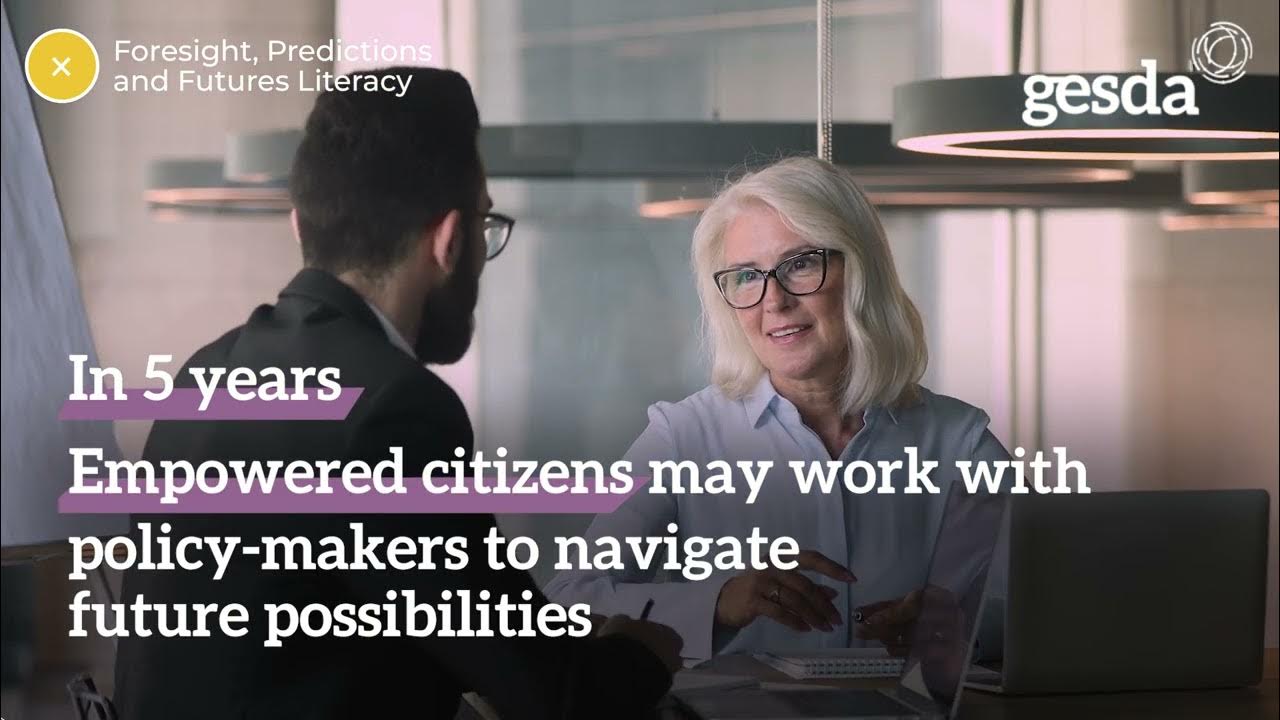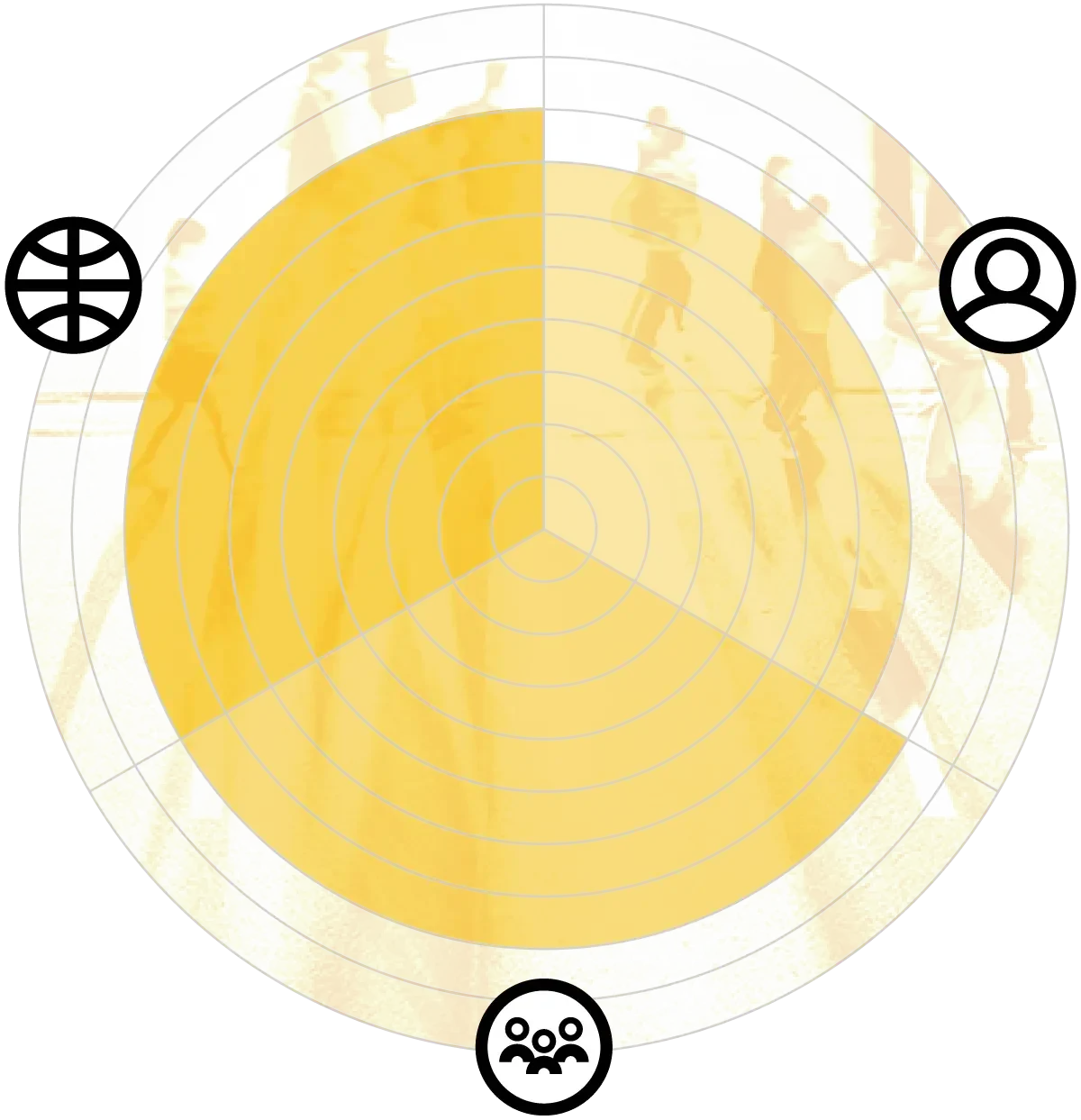Associated Sub-Fields:

Modern governments, organisations and businesses planning for our societal, environmental and technological futures frequently depend on forecasting and foresight based on quantitative modelling, predictive data analytics, scenarios and expert workshops to inform futures decision-making.2 Alongside this, claims about the societal impact of emerging technologies such as AI, the metaverse, cryptocurrency or space exploration exert a powerful influence on government policy, organisational strategy and market investments.3,4 Such claims are frequently revealed to be ill-founded or motivated by business interests rather than societal needs, and their agendas can have damaging consequences. Existing approaches to such futures have clearly failed to solve our contemporary challenges and the polycrisis has prompted calls for more and better foresight.5
While existing forecasting and foresight methods provide valuable data, they are limited in scope and depth, often delivered by consultants or through foresight “toolkits”. Recent proposals to improve foresight range from using AI to expand its scale and speed to calls for an inclusive and decolonising foresight agenda.6 A social-sciences, humanities and design approach to futures7,8,9,10,11,12 responds to this context in: assessing the limits of AI in drawing only on existing data, possibly unfit for purpose and requiring careful human guidance;13,14 engaging Global South perspectives (such as, for instance, on Latam-GPT15 and on generational futures16) and feminist, queer, disability and racially and socio-economically minority community perspectives;17 acknowledging Black18 and First Nations futures;19 and applying theory that acknowledges uncertainty and the unknown, and which seeks to shape ethical, realistic and plausible futures.
To achieve credible, precise and responsible decision-making and planning, new foresight which combines qualitative and quantitative knowledge is vital. Both approaches have been honed over decades: quantitative formulas and digital-data analytics deliver convincing models but miss the pivotal role of human values and practices, non-human species and planetary environments in defining futures;20 ,21 and the social sciences, humanities and design apply new rigour and inclusivity through methods that account for how possible futures are shaped and complicated by these qualitative factors.
For society to benefit from qualitative futures knowledge it must be visible, recognisable, accessible and influential in the decision-making sphere. This means: raising the profile of a new tier of engaged qualitative futures researchers and knowledge delivered collaboratively and in partnership with other disciplines and sectors internationally (governments, communities and businesses); and sharing accessible futures reports through scenarios, film-making, exhibitions and performances.22,23
KEY TAKEAWAYS
Anticipating possible futures is critical to policy and planning for governments, organisations and businesses, spurring a growing demand for foresight. Engaged futures scholars across the Global South and North are delivering a vital new layer of qualitative Inclusive futures knowledge. These approaches are designed to inform better decision-making by bringing qualitative and quantitative data together to deepen and enrich insight across multiple sectors. Theories and concepts for plural futures in social-sciences, humanities and design futures acknowledge and address the uncertainty, plurality and contestability of futures. This enhances our capability to shape inclusive, realistic and plausible futures through interdisciplinary, cross-sectoral and stakeholder engagement. Simultaneously, Innovative and participatory futures methods increase the robustness and rigour of inclusive futures research. Engaged qualitative futures research accounts for how futures are shaped by qualitative factors, rather than just relying on quantitative modelling, predictive data analytics, scenarios and foresight workshops. There is growing evidence of success in this approach, but making it available to stakeholders and decision-makers requires Accessibility, engagement and action.
Anticipatory Impact:
Three fundamental questions guide GESDA’s mission and drive its work: Who are we, as humans? How can we all live together? How can we ensure the well-being of humankind and the sustainable future of our planet? We asked researchers from the field to anticipate what impact future breakthroughs could have on each of these dimensions. This wheel summarises their opinions when considering each of these questions, with a higher score indicating high anticipated impact, and vice versa.
- Anticipated impact on who we are as humans
- Anticipated impact on how we will all live together
- Anticipated impact on the well-being of humankind and sustainable future of our planet




